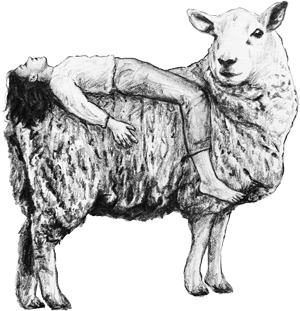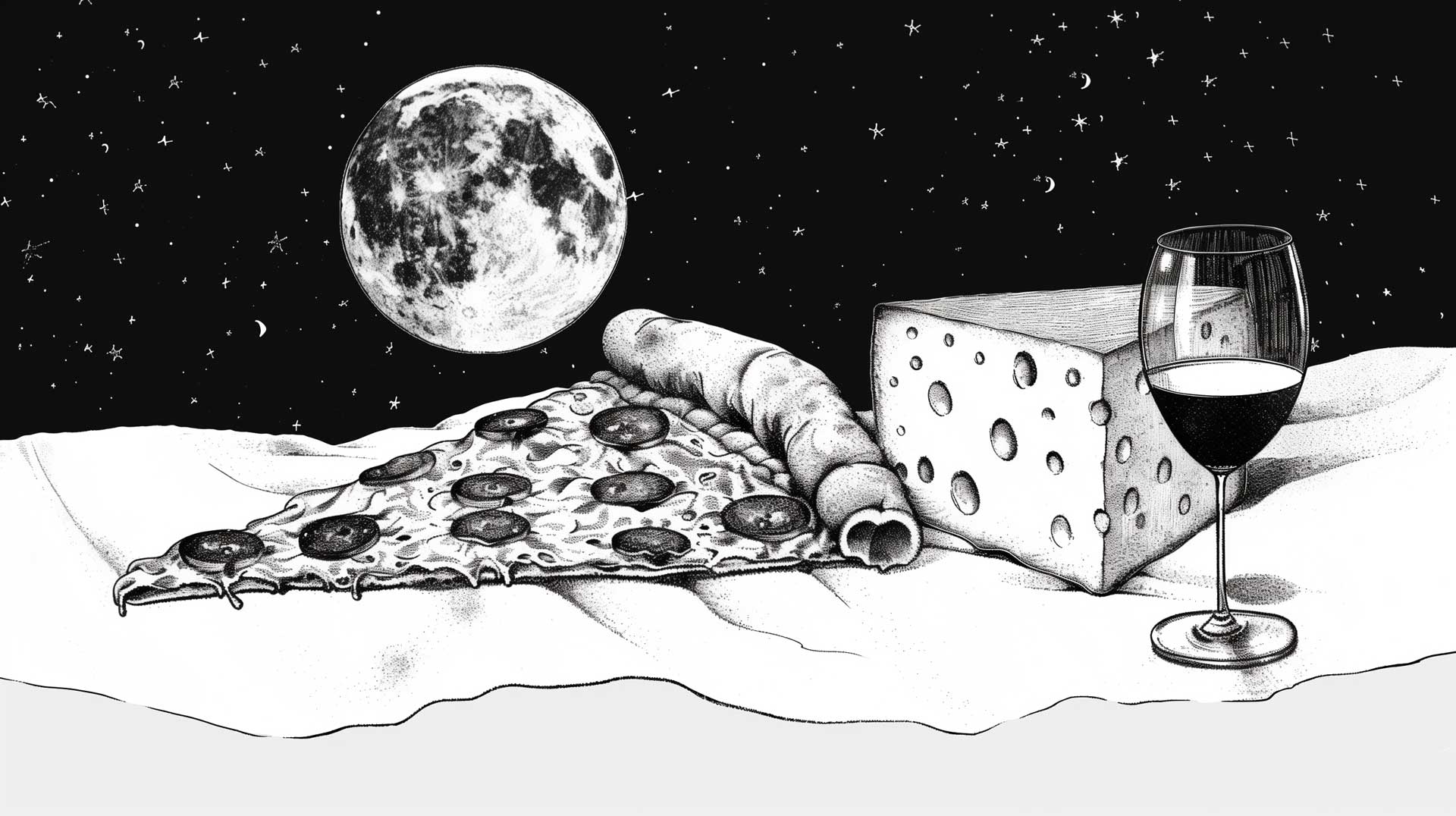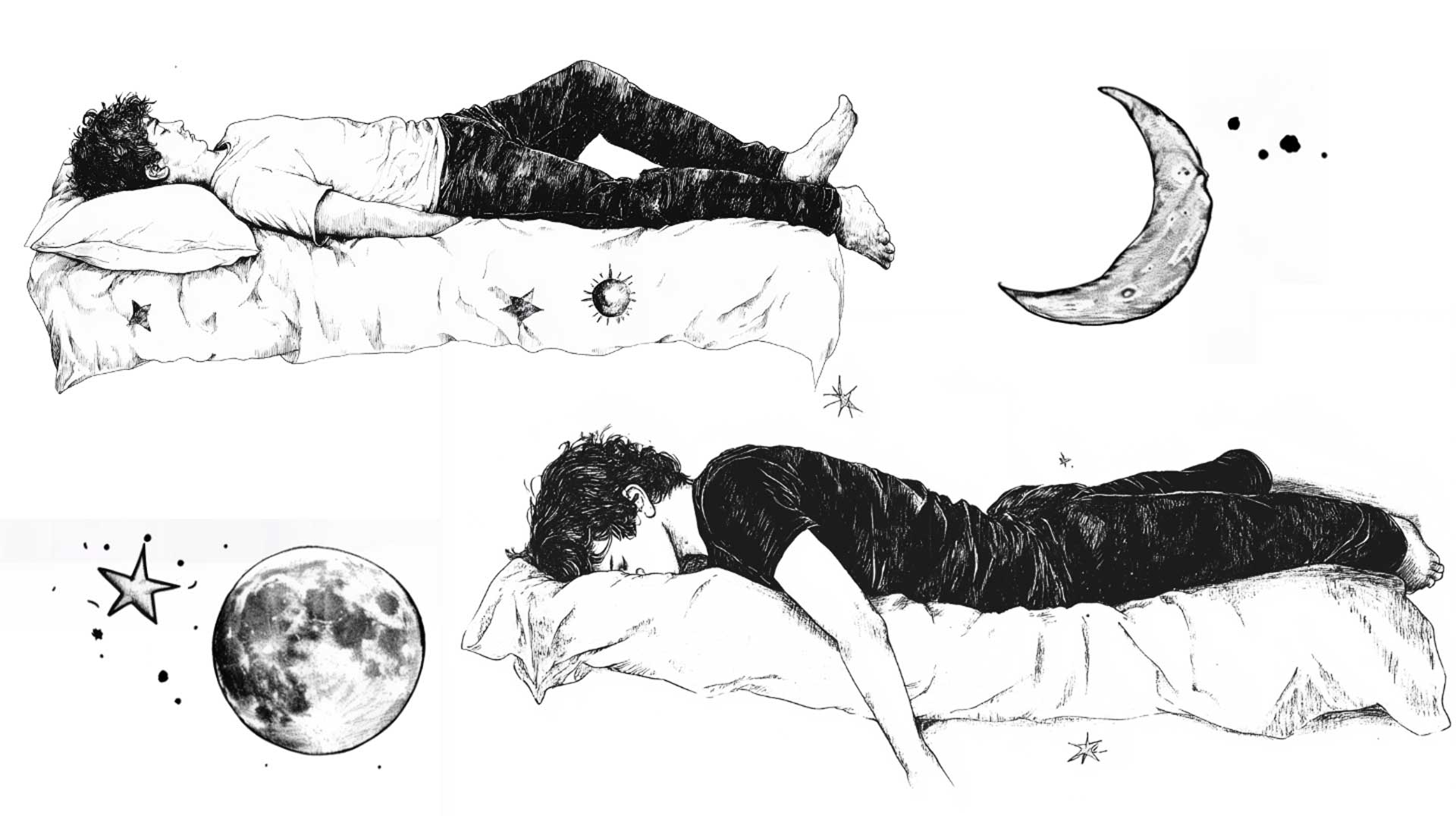Many people use white noise to improve their sleep, but what exactly is white noise, and does it really help you sleep better? Let's look at what white noise is, what the research says about it, and how it might help you sleep more soundly.
In this Article we will cover:
What is White Noise?
White noise is a continuous sound that contains all the different frequencies of sound that humans can hear. All these are played at the same intensity. It sounds like a steady hum or hiss. Like what you might hear on a radio when it isn’t tuned to a station.
White noise is used to block out or mask other environmental noises that might wake you up. Sounds like traffic, snoring, or people talking. By creating a consistent background sound, white noise helps prevent sudden noises from disturbing your sleep.
What Does the Research Say?
There has been a lot of research on how white noise affects sleep. But there is not yet a consensus on whether white noise has a benefit for everyone. Results can vary depending on the age group and the environment in which it’s used.
White Noise for Kids: Is It Good or Bad for Babies?
Many parents use white noise machines to help calm their babies and improve their sleep.
Research has shown that white noise can help babies fall asleep faster and stay asleep longer. For example, a study published in the Archives of Disease in Childhood found that 80% of newborns exposed to white noise fell asleep within five minutes. Without white noise, only 25% of babies fell asleep in the same period.
However, some experts have concerns about the long-term use of white noise for babies. Some pediatricians warn that using loud white noise too often could affect a baby’s hearing and development. The recommendation is to keep the volume of white noise machines below 50 decibels and avoiding keeping the machine on all night.
In short, white noise can help babies sleep, but it’s important to use it carefully. So, if you’re asking, „Is white noise bad for babies?“ the answer is that it depends on how you use it.
White Noise for Adults: Does It Really Work?
A lot of people, especially in noisy environments, swear by white noise. Research generally supports the idea that white noise can help under those circumstances. Studies have found that people fall asleep faster and stay asleep longer.
For example, one study found that people who were exposed to white noise while sleeping in a noisy environment slept better than those who didn’t have white noise.
But some researchers warn from generalizing those results. Why is that?
Most of the studies showing the benefit of white noise have been performed on smaller groups. Furthermore, there is also research which suggests that white noise increases the instability of sleep. Especially for older individuals which already tend to have a more fragmented sleep than younger ones.
Other studies suggest that white noise might not be necessary for everyone. If you already sleep in a quiet place, adding white noise might not improve your sleep. It could even disrupt your deep sleep, especially if you’re a light sleeper.
Why Does White Noise Help You Sleep?
White noise helps you sleep by masking sudden, disruptive sounds that could wake you up. It creates a stable auditory environment, allowing the brain to focus on the consistent noise instead of reacting to external sounds.
White noise also promotes relaxation by reducing mental distractions, making it easier to fall asleep and stay asleep.
Conclusion: Should you use white noise?
It depends:
- Living in a noisy environment? White noise can help block disruptive sounds.
- Are you easily disturbed by noise and over 40? White noise might not be as effective and could even disrupt sleep in some cases.
- Already in a quiet environment? You likely don’t need white noise.
If white noise isn’t for you, try using earplugs instead. Studies have shown that earplugs can improve sleep quality by blocking out unwanted noise.
Best practices for using white noise:
- Keep the volume at or below 50 decibels to avoid hearing damage.
